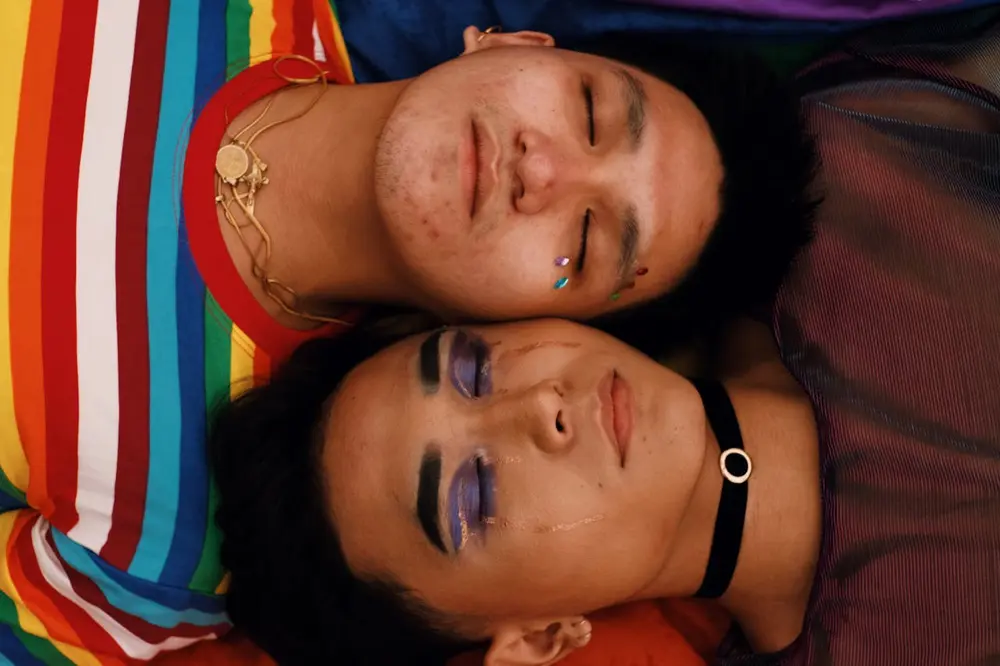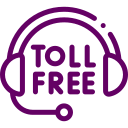- 43.8% of lesbian women and 61.1% of bisexual women have experienced rape, physical violence, and/or stalking by an intimate partner at some point in their lifetime, as opposed to 35% of heterosexual women.
- 26% of gay men and 37.3% of bisexual men have experienced rape, physical violence, and/or stalking by an intimate partner in their lifetime, in comparison to 29% of heterosexual men.
- In a study of male same sex relationships, only 26% of men called the police for assistance after experiencing near-lethal violence.
- Transgender victims are more likely to experience intimate partner violence in public, compared to those who do not identify as transgender.
- LGBTQ Black/African American victims are more likely to experience physical intimate partner violence, compared to those who do not identify as Black/African American.
- It is estimated that 1 out of 4 LGBTQ youth will experience abuse from a dating partner.
- According to the 2015 US Transgender Survey, 54% of people who responded experienced some form of partner abuse.

Common barriers in the LGBTQ+ community to seeking service or safety
- Societal homophobia and transphobia
- Lack of legal protections dealing with property, finances and children.
- Fear that the person choosing to abuse will "out" the victim to friends, family or co-workers.
- Isolation: May not know other people within the community to reach out for help.
- Not wanting to place further negative stigma upon the LGBTQ+ community by reporting.
- Fear of services not being welcoming and affirming of LGBTQ+ people.
Signs you may be experiencing abuse
- Emotional abuse
- Threats of suicide or self-harm and/or child or pet custody threats
- Breaking into social networking accounts
- Re-defining reality/dismissing feelings
- Isolation from LGBTQ+ social spaces, groups, family, and friends and sabotaging relationships
- Verbal threats
- Demeaning in front of family or friends
- Name-Calling (to include slang against sexuality)
- Obsessive jealousy and accusations of infidelity
- Manipulation and lying
Sexual abuse
- Unwanted public displays of affection or withholding affection
- Rape and/or sexual assault (Unwanted touching, sexual acts)
- Refusing safer sex practices
- Exposure to or nondisclosure of STIs and STDs
- Identity policing or demeaning partner for being too "butch" or too "femme"
- Force or roughness that is not consensual
Physical abuse
- Sleep deprivation
- Throwing objects and/or threats to hurt/kill
- Withholding medications, accessibility aids, etc.
- Not allowing partner to heal from surgery
- Hitting, pushing, biting, strangulation, pulling hair, burning, kicking, etc.
- Preventing partner from leaving, blocking exit, taking phone away
- Locking partner in or out of home
- Damaging belongings
- Stalking
- Forced use of substances
Cultural/Identity abuse
- Controlling identity and gender expression and/or using the wrong name/pronouns
- Outing/threatening to out around HIV, SM, polyamory, gender identity, sexuality, (dis)ability, immigration status, etc.
- Preventing association with community and culture by forbidding foods, language, and spiritual practices
- Using wrong language to describe body parts
- Using partner's internal homophobia or transphobia to demean or evoke fear
- Blaming abuse on partner's identity or behavior
- Forcing partner to "come out" or to hide identity
- Ridiculing partner's gender identity: appearance, dress, voice and grooming
Financial abuse
- Jeopardizing public assistance
- Making late for work/school or forcing to leave early, harassment
- Forcing or prohibiting employment including sex work
- Preventing access to income and/or insisting all money be shared
- Preventing access to benefits
Local/State LGBTQ Resources
P.O. Box 82290 Fairbanks, AK 99708
907-45-PFLAG
PFLAG promotes the health and well-being of gay, lesbian, bisexual and transgendered persons, their families, and friends.
Mailing address:
P.O. Box 200070
Anchorage, AK. 99520-0070
907-929-4528
Identity’s mission is to advance Alaska’s LGBT (lesbian, gay, bisexual, and transgender) community through advocacy, education and connectivity.
- Help Line (Identity)
Staffed by trained and caring volunteers, the Helpline is here to provide you with information on resources, referrals for assistance, and a sympathetic ear.
Statewide
Hours: 6 pm – 11 pm, 7 days a week
907-258-4777 – in Anchorage
888-901-9876 – toll free outside Anchorage
Scholarships and Grants
Our work is grounded in social justice philanthropy. We are committed to:
- Harnessing our fundraising, grantmaking, program, and advocacy efforts to address root causes of discrimination impacting the LGBTQ community;
- Supporting community leaders and organizations that work to eliminate long-standing barriers to equal access, opportunities, and resources for LGBTQ people; and
- Expanding and deepening the level of engagement among all LGBTQ people and allies, including people who are economically, racially, socially, geographically, or politically disenfranchised.
Transgender Leadership Alaska (http://www.transleadershipalaska.com/)
National Resources
206-568-7777
info@nwnetwork.org
Works to end violence and abuse by building loving and equitable relationships in our community and across the country.
1-877-565-8860
Hotline staffed by transgender people for transgender people. Trans Lifeline volunteers are ready to respond to whatever support needs members of our community might have.
1-866-488-7386
National organization providing crisis intervention and suicide prevention services to lesbian, gay, bisexual, transgender and questioning (LGBTQ) young people ages 13-24.

907 452 2293
Local Hotline

800 478 7273
Toll Free
Safe Exit

